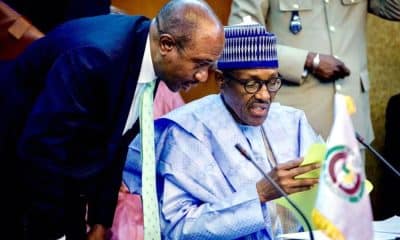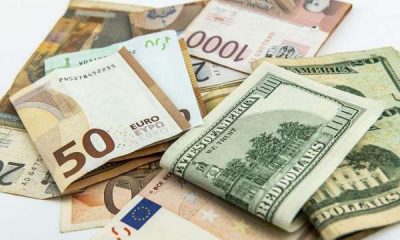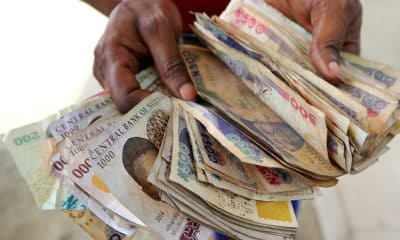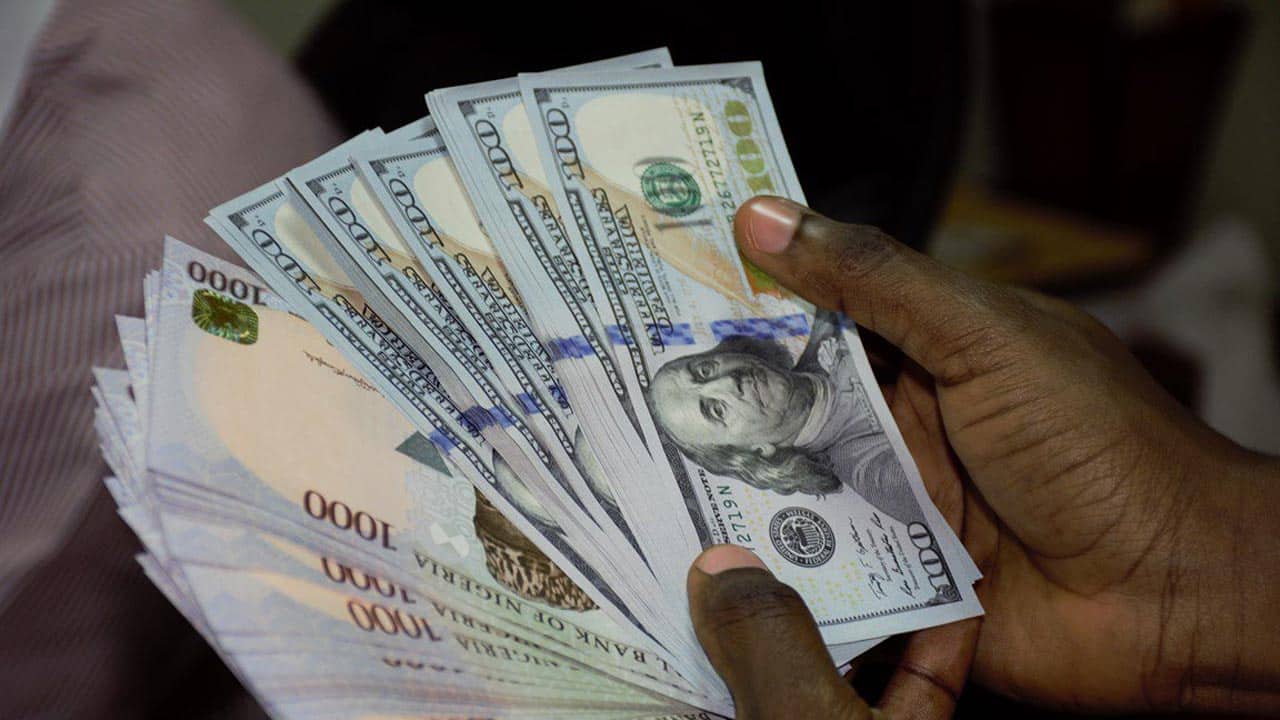Business
Naira To Dollar Exchange Rate: Nigeria’s Currency Records New Gain In Parallel Market
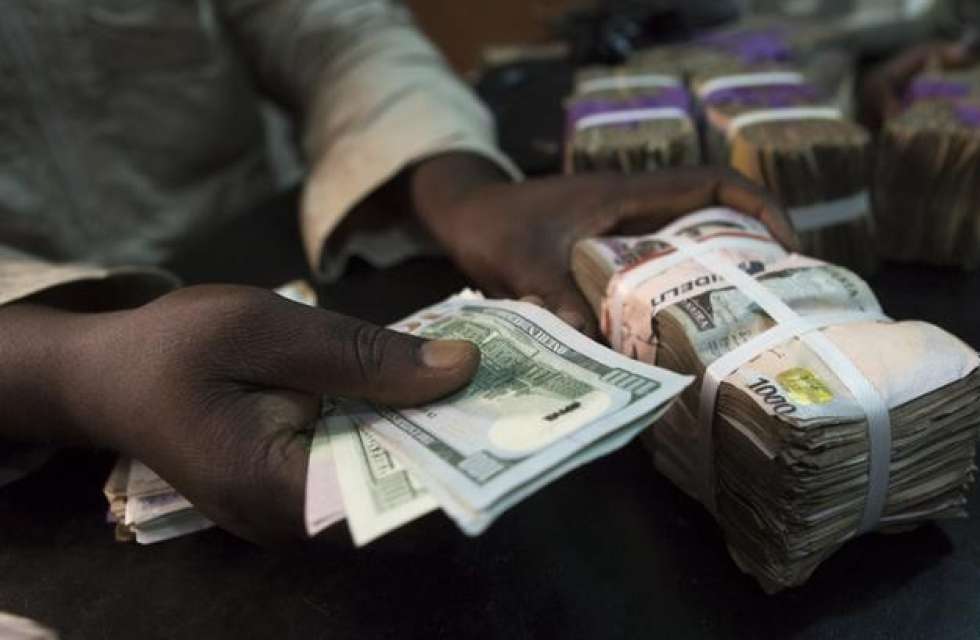
The Nigerian currency, the Naira, experienced a positive shift in the parallel market, strengthening to ₦1,375 per dollar compared to ₦1,500 per dollar on Tuesday.
However, in the Nigerian Autonomous Foreign Exchange Market (NAFEM), the Naira depreciated to ₦1,339.33 per dollar.
According to data from FMDQ, the indicative exchange rate for NAFEM increased to ₦1,329.65 per dollar from ₦1,173.88 per dollar on Tuesday, resulting in a depreciation of ₦155.77 for the Naira.
As a result, the margin between the parallel market and NAFEM rates narrowed to ₦45.35 per dollar from ₦326.12 per dollar on Tuesday.
FG Kickstarts Distribution Of 1 Million Free Gas Cylinders To Promote Clean Cooking
Meanwhile, the Federal Government initiated the free distribution of gas cylinders yesterday as part of its efforts to promote clean cooking energy. The goal is to convert at least one million households to clean cooking gas by 2030.
The program, titled LPG Grassroots Penetration under the ‘Decade of Gas’ initiative, plans to distribute around 250,000 gas cylinders to women in rural areas across the country.
At the program’s launch in the Apo Resettlement area of Abuja, the Minister of State for Petroleum Resources (Gas), Ekperikpe Ekpo, stated that the administration is committed to boosting domestic gas consumption.
Ekpo, who oversaw the distribution of 1,000 gas-filled 3kg cylinders to rural women from the six area councils of the Federal Capital Territory, explained that the government’s advocacy for gas usage as the primary cooking fuel would enhance the health of women and girls, who are most vulnerable when using traditional cooking fuels.
He stated: “We’re not only introducing a program today; we’re on a mission to change millions of Nigerians’ lives in our six geographical zones.
“By 2030, we want to convert 250,000 houses a year to clean cooking gas, which is a lofty but attainable target.
“This program is evidence of our steadfast dedication to lessening the over-reliance on solid fuels, which for a long time served as many households’ primary source of energy and include firewood, kerosene, and charcoal.”
The Coordinating Director of the ‘Decade of Gas’ program, Ed Ubong, highlighted that the program, funded by the private sector, aims to eliminate the use of wood and kerosene in households.



